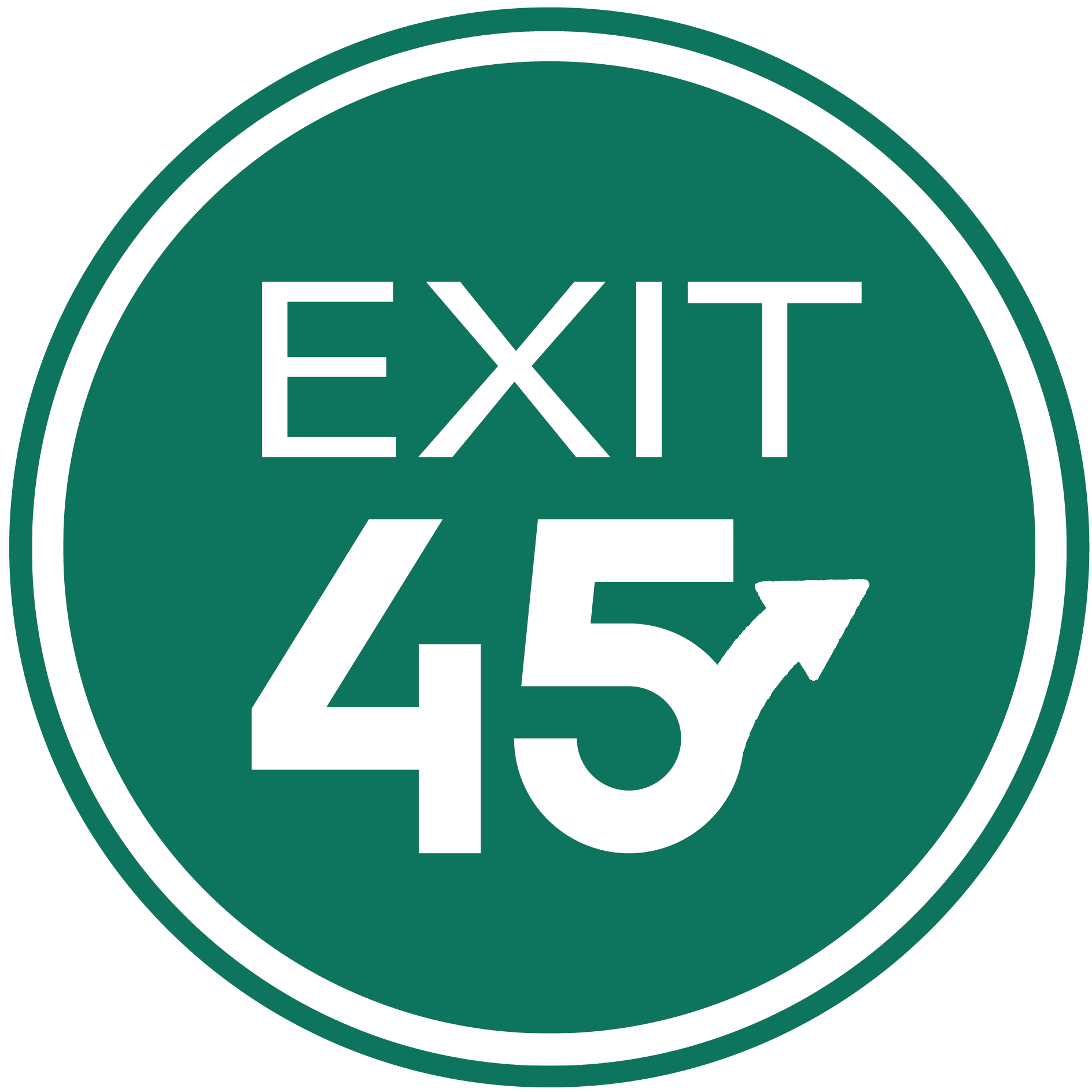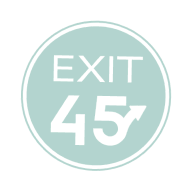Choosing a Business Broker / Intermediary
In the last issue (#12), we discussed the Benefits of Using a Business Broker. In this issue we will discuss Choosing a Business Broker/Intermediary.
Bringing together the right information with the right people will dramatically improve a company's ability to develop and act on strategic business opportunities." Bill Gates
Choosing a Business Broker / Intermediary
Selling a business is a complex undertaking. A good business broker has the knowledge and experience to manage the process, which requires ability in multiple disciplines including accounting, finance, taxes, law, business improvement, valuation, marketing, sales, interviewing, written and verbal communications, negotiations, customer service, collaboration with other professional advisors and sometimes real estate.
Consider reading our other newsletter articles about business brokers
Choosing the right business broker is such an important decision that we have three other newsletters and a Special Report devoted to the topic.
In addition to the previous newsletter Issue #12 – Benefits of Using a Business Broker, it would be beneficial to read these two newsletter issues: Issue #76 – Choosing the Wrong Intermediary and Issue #77 – 10 Considerations for Choosing an Intermediary.
Read our Special Report about business brokers
This issue summarizes our 12-item Special Report titled Insider Secrets to Selling Your Business – Business Broker Best Practices and Selection Criteria, which you are also encouraged to read. In the Special Report, each of the 12 items are supported by additional supporting points (46 points in total), so it provides much more insight than the summary below.
A 12-item summary of our Special Report
1) A good broker should have several years of business broker experience and should have completed several business sale transactions. Alternatively, a business broker with less experience who meets other criteria established here should have evidence of a strong mentor with the necessary knowledge and skill.
2) A broker should be working full-time in business brokerage.
3) At the appropriate time, a business broker or M&A intermediary should be willing to provide references to past seller clients.
4) A business broker should be willing to spend several hours talking with you (at no or minimal charge, with no obligation) to gain a better understanding of your situation, your goals and your business, and provide you some insights into the process of selling your business. As a result of such a meeting, the broker should be able to identify some of the obstacles you might have to overcome to successfully sell your business.
5) Many business brokers will provide an opinion of a business’ value at no charge and with no obligation. To do so, brokers may request 3 – 5 years of financial statements and/or tax returns, as well as year-to-date financial statements for the current fiscal year. The business broker will usually create an analysis of the Seller’s Discretionary Earnings (SDE) and, taking into account other factors previously learned about the business, be able to provide an estimate (or opinion) of the value of the business. The broker should be able to explain the methodology of his/her estimate so you have a full understanding as to how the opinion of value was calculated. Similarly, the broker should identify obstacles that need to be considered and possibly addressed, while also discussing ways to increase the value of the business. If done properly, the information provided by the broker’s effort is extremely useful and valuable to a business owner. Despite the tremendous value, many business brokers will provide this service for free and without a listing agreement to facilitate a long-term relationship with a prospective seller.
6) Most business brokers work with their clients on a straight contingency basis – meaning their commission is only paid when you are paid – at closing. Commissions are typically in the range of 10% of the selling price of the business. A good business broker will require an “exclusive right to sell” listing agreement for a period of 9 -12 months.
7) A good business broker or M&A intermediary will inform you of the importance of confidentiality and the steps they take to assure confidentiality. Keep in mind, intermediaries obtain non-disclosure (or confidential information) agreements from prospective buyers before releasing the seller’s company information to them. Many times business owners create their own confidentiality issues by telling other people they are selling their business. Once you make the decision to sell, don’t tell anyone!
8) A good business broker will qualify buyers for technical and financial capabilities. The extent of the qualification process varies from broker to broker. Much depends on the nature of the business and the likely profile, including required financial capabilities, of the buyer. If the screening is too tight, you may lose a qualified buyer. If it is too lax, you may be exposing your business to people who have no ability to acquire the business. The broker should be able to explain their prequalification process/philosophy. Make sure you are comfortable with the business broker’s approach before signing the listing agreement.
9) A good business broker will explain the marketing plan for the sale of your business to you. At a minimum, it should include a comprehensive marketing package prepared by the broker that will be provided to prospective buyers after they sign a non-disclosure agreement. It is important that business brokers post “blind descriptions” of their listings on the most popular business-for-sale websites.
10) A good business broker should understand business acquisition financing, especially Small Business Administration (SBA) loan standards and qualifications. Prior to the banking crisis in 2008, it was possible to sell a business with little or no seller financing. Yet there were brokers, even in those days, who told business owners they had to finance all or most of the business purchase price. Although there may have been instances when that was needed, it was not necessary as a general rule. However, times have changed. It is still possible to obtain SBA loans, but now, for the most part, the SBA requires the seller’s participation in financing the acquisition. Seller participation can be as little as 10 – 20% of the purchase price. The requirements can vary significantly depending on the nature of the company, the buyer’s qualifications and financial capability and the purchase price of the business.
11) A good business broker should always maintain his/her personal integrity and perform to a high standard of moral ethics, advising the client to do so as well.
12) A good business broker does not pressure a prospective seller to make an immediate decision to sign a listing agreement. The decision to sell a business should be a process. The broker should provide an opinion of the business’ value, discuss the potential obstacles to a sale and offer suggestions that might increase the value of the business.
Again, the Special Report, Insider Secrets to Selling Your Business – Business Broker Best Practices and Selection Criteria, contains a total of 46 points in support of the 12 items above.
Expect "tough love" from your intermediary
These important paragraphs appear in Issue #76 – Choosing the Wrong Intermediary and are worthy of inclusion here as well:
“You should expect “tough love” from your intermediary. After completing an evaluation of your business, an experienced business broker should be able to tell you, in terms you can understand, and within about a 5% range, how much your business can be expected to be sold for. He also should be able to explain the obstacles (prospective buyer’s objections) that might be encountered and how you can counteract them.
If, in the process of considering an intermediary, you get the feeling the broker is “playing to your ego” or “blowing smoke,” run the other away – fast. The broker is not helping you set realistic expectations, is setting you up for disappointment down the road and is not likely to succeed in selling your business. He will waste your time, his own time and the time of any prospective buyers that take the time to consider the business. Most qualified buyers will not even look at businesses if they sense the existence of unrealistic expectations and/or major obstacles without solutions.”
"In business, words are words; explanations are explanations, promises are promises, but only performance is reality." Harold Geneen
Overcome the Power of Inertia
Overcome the Power of Inertia and call a business broker for a free consultation. Many brokers offer no-charge, no-obligation evaluations of small businesses. They can provide a broker opinion of value and help you identify obstacles to a successful sale as well as opportunities for improvement to increase the value of your business. That is a great way to start planning for a successful and profitable exit from your business.

